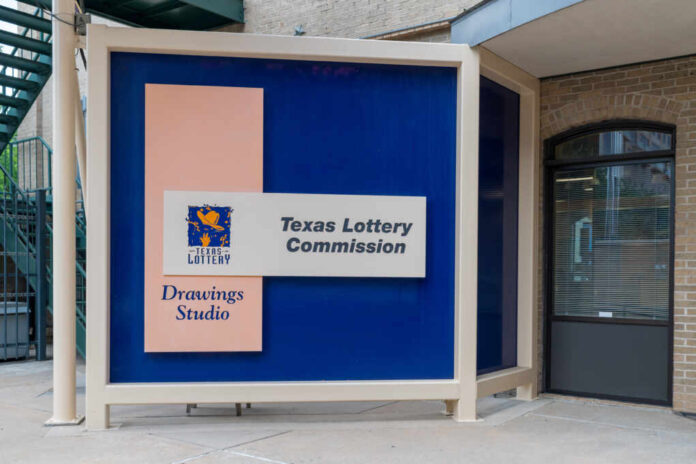
Texas lottery officials are refusing to pay a $83.5 million jackpot to a woman who purchased a legitimate winning ticket, all because the state suddenly changed the rules after she won.
At a Glance
- A Texas woman is suing state lottery officials for withholding her $83.5 million prize despite confirming her ticket was valid
- The woman purchased her winning ticket via Jackpocket, a mobile app courier service that was legal at the time of purchase
- Days after her win, the Texas Lottery Commission banned courier services and refused to pay her winnings
- The controversy has triggered multiple investigations and legislation to dismantle the Texas Lottery Commission
When Big Government Decides Your Winning Ticket Isn’t Actually a Winner
Imagine hitting the jackpot, having your win confirmed by the state lottery website, validating your ticket, and then being told “Sorry, we’ve changed our minds.” That’s exactly what’s happening to one Texas woman who hit an $83.5 million jackpot and is now being forced to sue the government for her rightful winnings. The ticket matched all the winning numbers – 19, 21, 25, 45, 47, 52 – and was officially validated by the Texas Lottery Commission as legitimate. But bureaucrats apparently decided that paying up was optional.
At the heart of this controversy is how the woman purchased her ticket – through Jackpocket, a mobile app that acts as a courier service buying tickets from licensed retailers. This method was perfectly legal when she bought her ticket in February and claimed her prize on March 18. But just days after her purchase, the commission’s then-executive director decided to change the rules and ban lottery ticket courier services – and then retroactively applied this new rule to deny her winnings.
Changing the Rules After the Game is Over
This case represents government overreach at its most flagrant. The lawsuit pulls no punches, stating: “In Texas, a deal is a deal, unless you are the Texas Lottery.” What we’re witnessing is a government agency moving the goalposts after the game has been played and won. The commission claims the woman’s method of play was “illegal” – despite the fact that it was completely legal when she purchased the ticket and when she claimed her prize.
“When you win, the Lottery should pay you – not stall, not waffle, not hem, not haw, not try and change the rules and not try to back out of the deal. Lotteries with integrity pay the winners. Responsible lotteries pay the winners. Anything short of that destroys the integrity of the lottery and shatters the confidence of those who play it. It shouldn’t take a lawsuit to get paid when you win the lottery. But that’s exactly what has happened here.” reads a portion of the lawsuit.
The poor woman who’s simply trying to collect her winnings has been made into a villain. “I’m being treated as the bad guy,” she said, pointing out the absurdity of being punished for following the rules as they existed when she purchased her ticket. This is the kind of bureaucratic tyranny that makes Americans distrust their government – one day the rules say one thing, the next day they say another, and somehow you’re the one who ends up paying the price.
A Crisis of Confidence in the System
The fallout from this debacle has been so severe that the Texas Senate has approved legislation to completely dismantle the Texas Lottery Commission and transfer oversight to the Department of Licensing and Regulation. Meanwhile, Governor Greg Abbott has ordered investigations by the Texas Rangers and the state Attorney General’s Office into this drawing and other controversial lottery wins. When your state lottery is under investigation by multiple agencies and facing dissolution, you know something has gone terribly wrong.
“The Texas Lottery was established to provide a secure and transparent system for players to purchase tickets in person from licensed brick-and-mortar retailers for the purpose of generating revenue for public education and veterans’ services in a responsible manner” Mindell said.
There’s a special kind of irony in a government gambling operation preaching about “integrity” while refusing to pay a legitimate winner. The lottery exists to generate revenue for the state – they’re happy to take your money when you lose, but when you win, suddenly there’s fine print that didn’t exist before. This woman isn’t just fighting for her $83.5 million; she’s fighting against a system that changes the rules after the fact to avoid paying what it owes. If the government can retroactively change the rules of its own lottery, what other contracts and obligations might it decide to nullify when convenient?


























